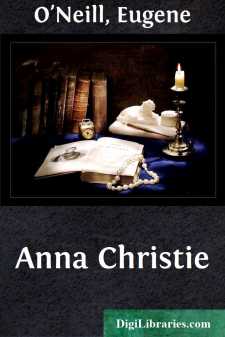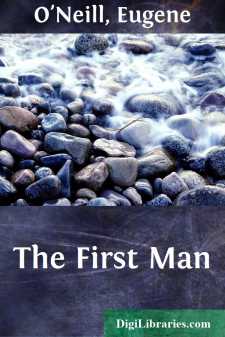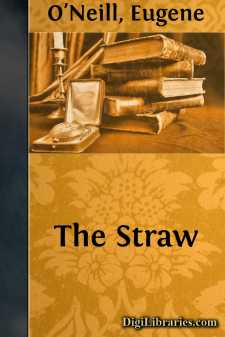Categories
- Antiques & Collectibles 13
- Architecture 36
- Art 48
- Bibles 22
- Biography & Autobiography 816
- Body, Mind & Spirit 145
- Business & Economics 28
- Children's Books 17
- Children's Fiction 14
- Computers 4
- Cooking 94
- Crafts & Hobbies 4
- Drama 346
- Education 58
- Family & Relationships 59
- Fiction 11834
- Foreign Language Study 3
- Games 19
- Gardening 17
- Health & Fitness 34
- History 1378
- House & Home 1
- Humor 147
- Juvenile Fiction 1873
- Juvenile Nonfiction 202
- Language Arts & Disciplines 89
- Law 16
- Literary Collections 686
- Literary Criticism 179
- Mathematics 13
- Medical 41
- Music 40
- Nature 179
- Non-Classifiable 1768
- Performing Arts 7
- Periodicals 1453
- Philosophy 66
- Photography 2
- Poetry 897
- Political Science 203
- Psychology 45
- Reference 154
- Religion 516
- Science 126
- Self-Help 85
- Social Science 82
- Sports & Recreation 34
- Study Aids 3
- Technology & Engineering 59
- Transportation 23
- Travel 463
- True Crime 29
Our website is made possible by displaying online advertisements to our visitors.
Please consider supporting us by disabling your ad blocker.
Anna Christie
by: Eugene O'Neill
Description:
Excerpt
ACT I
SCENE—"Johnny-The-Priest's" saloon near South Street, New York City. The stage is divided into two sections, showing a small back room on the right. On the left, forward, of the barroom, a large window looking out on the street. Beyond it, the main entrance—a double swinging door. Farther back, another window. The bar runs from left to right nearly the whole length of the rear wall. In back of the bar, a small showcase displaying a few bottles of case goods, for which there is evidently little call. The remainder of the rear space in front of the large mirrors is occupied by half-barrels of cheap whiskey of the "nickel-a-shot" variety, from which the liquor is drawn by means of spigots. On the right is an open doorway leading to the back room. In the back room are four round wooden tables with five chairs grouped about each. In the rear, a family entrance opening on a side street.
It is late afternoon of a day in fall.
As the curtain rises, Johnny is discovered. "Johnny-The-Priest" deserves his nickname. With his pale, thin, clean-shaven face, mild blue eyes and white hair, a cassock would seem more suited to him than the apron he wears. Neither his voice nor his general manner dispel this illusion which has made him a personage of the water front. They are soft and bland. But beneath all his mildness one senses the man behind the mask—cynical, callous, hard as nails. He is lounging at ease behind the bar, a pair of spectacles on his nose, reading an evening paper.
Two longshoremen enter from the street, wearing their working aprons, the button of the union pinned conspicuously on the caps pulled sideways on their heads at an aggressive angle.
FIRST LONGSHOREMAN—[As they range themselves at the bar.] Gimme a shock. Number Two. [He tosses a coin on the bar.]
SECOND LONGSHOREMAN—Same here. [Johnny sets two glasses of barrel whiskey before them.]
FIRST LONGSHOREMAN—Here's luck! [The other nods. They gulp down their whiskey.]
SECOND LONGSHOREMAN—[Putting money on the bar.] Give us another.
FIRST LONGSHOREMAN—Gimme a scoop this time—lager and porter. I'm dry.
SECOND LONGSHOREMAN—Same here. [Johnny draws the lager and porter and sets the big, foaming schooners before them. They drink down half the contents and start to talk together hurriedly in low tones. The door on the left is swung open and Larry enters. He is a boyish, red-cheeked, rather good-looking young fellow of twenty or so.]
LARRY—[Nodding to Johnny—cheerily.] Hello, boss.
JOHNNY—Hello, Larry. [With a glance at his watch.] Just on time. [LARRY goes to the right behind the bar, takes off his coat, and puts on an apron.]
FIRST LONGSHOREMAN—[Abruptly.] Let's drink up and get back to it. [They finish their drinks and go out left. The POSTMAN enters as they leave. He exchanges nods with JOHNNY and throws a letter on the bar.]
THE POSTMAN—Addressed care of you, Johnny. Know him?
JOHNNY—[Picks up the letter, adjusting his spectacles. LARRY comes and peers over his shoulders....





